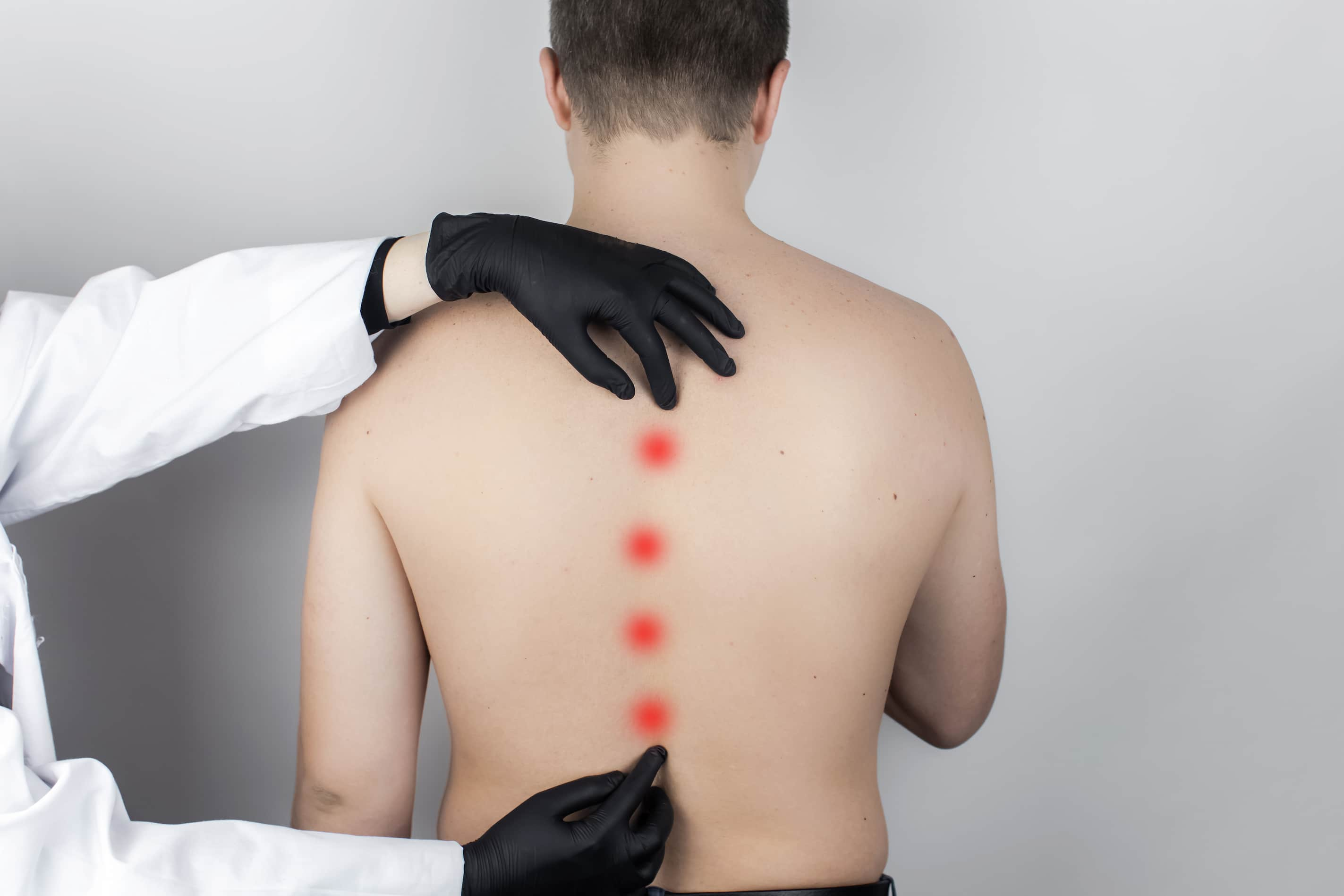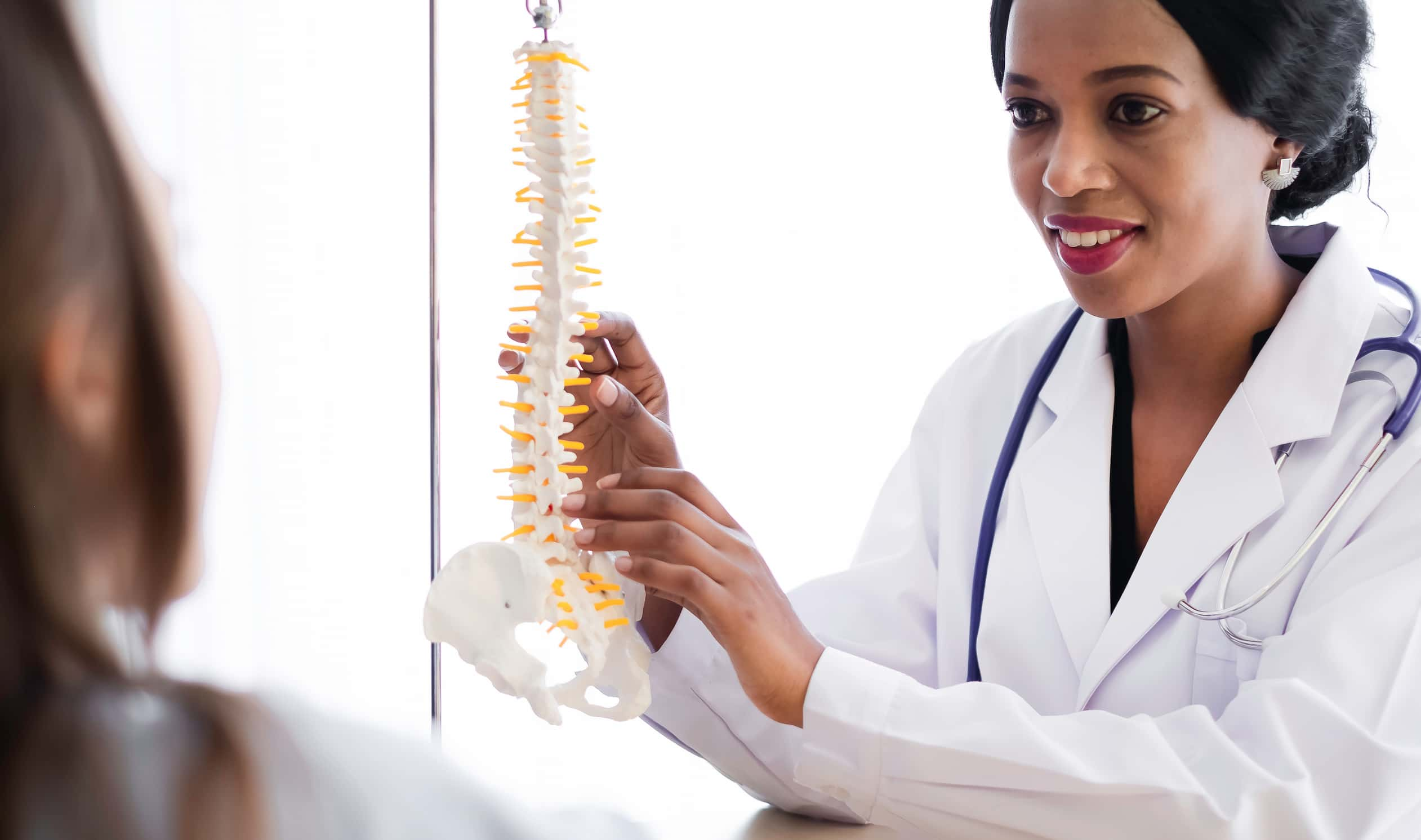
Scoliosis Surgery Success Rate in Turkey
Scoliosis is a medical condition that affects the curvature of the spine, leading to an abnormal curve that can affect the overall posture of an individual. The condition can affect anyone, but it is most common in young children and teenagers.
Scoliosis can cause discomfort, back pain, and even respiratory problems, and if left untreated, it can lead to permanent spinal deformity. Scoliosis surgery is a common treatment option for people with severe scoliosis, and it has been shown to improve the quality of life of patients. This article explores the success rates of scoliosis surgery in Turkey.
What Is Scoliosis Surgery?
Scoliosis surgery is a procedure used to correct the curvature of the spine in individuals with severe scoliosis. The surgery involves the use of rods, screws, and hooks to straighten the spine and hold it in place.
The goal of scoliosis surgery is to correct the curvature of the spine and prevent it from worsening over time. The surgery is usually recommended for individuals with a curvature of the spine greater than 40 degrees, which can cause discomfort and affect the overall posture of the individual.
Success Rate of Scoliosis Surgery
The success rate for scoliosis surgery varies depending on the severity of the condition, the age of the patient, and the type of surgery performed. However, studies have shown that scoliosis surgery can be highly effective in correcting the curvature of the spine and improving the quality of life of patients. According to the Scoliosis Research Society, the success rate of scoliosis surgery is around 90%, with most patients experiencing significant improvement in their spinal alignment and posture.

Success Rates of Scoliosis Surgery in Turkey
Scoliosis surgery is a common procedure performed in Turkey, and the success rates of the surgery are comparable to those reported in other countries. According to a study published in the Turkish Journal of Medical Sciences, the success rate of scoliosis surgery in Turkey is around 90%, with most patients experiencing significant improvement in their spinal alignment and posture.
The study, which was conducted on 168 patients who underwent scoliosis surgery between 2005 and 2015, found that the surgery was effective in correcting the curvature of the spine and improving the quality of life of patients. The study also found that the complication rate of scoliosis surgery in Turkey was low, with only a few cases of infection and implant failure reported.
Can Scoliosis Be Treated?
Yes, scoliosis can be treated. There are several treatment options available for individuals with scoliosis, including bracing, physical therapy, and surgery. The treatment option recommended for each patient depends on the severity of the condition and the age of the patient.
In cases of mild scoliosis, bracing or physical therapy may be recommended to help improve the posture and prevent the condition from worsening. However, in severe cases of scoliosis, surgery may be the best treatment option.
Can You Have a Normal Life After Scoliosis Surgery?
Yes, most patients who undergo scoliosis surgery can lead a normal life after the surgery. However, the recovery process can take several months, and patients may need to follow certain restrictions and guidelines during this time. After the surgery, patients will need to wear a back brace for a few months to help support the spine and prevent further curvature. Physical therapy may also be recommended to help strengthen the back muscles and improve posture.
Once the recovery period is over, most patients can resume their normal activities, including sports and physical exercise. However, it is important to note that some patients may experience long-term complications, such as chronic back pain or limited mobility, after scoliosis surgery. It is important to discuss any concerns or questions with a healthcare professional before undergoing the surgery.
Can You Fully Recover from Scoliosis Surgery?
While scoliosis surgery can be highly effective in correcting the curvature of the spine, it is important to note that the surgery does not guarantee a full recovery. The extent of recovery depends on various factors, such as the severity of scoliosis, the age of the patient, and the type of surgery performed. In some cases, patients may experience long-term complications, such as chronic back pain or limited mobility, even after successful surgery.
However, with proper care and rehabilitation, most patients can experience significant improvement in their spinal alignment and posture. Physical therapy and exercise can help strengthen the back muscles and improve overall flexibility, which can help prevent future spine problems. Patients need to follow their healthcare provider’s guidelines and recommendations to ensure a safe and successful recovery.
The Study of Success Rate of Scoliosis Surgery in Turkey
In a comprehensive study published in the Turkish Journal of Medical Sciences, researchers analyzed data from 168 patients who underwent scoliosis surgery in Turkey between 2005 and 2015. The study revealed a notable success rate of approximately 90% in improving spinal alignment and posture, aligning with international standards for scoliosis surgery outcomes. Additionally, the research demonstrated a low complication rate in Turkey, with limited instances of infection and implant failure reported. These findings emphasize the effectiveness and safety of scoliosis surgery as a viable treatment option within the country.
Complications and Risks of Scoliosis Surgery
Although scoliosis surgery can be highly effective, it also carries some risks and potential complications. These can include infection, bleeding, nerve damage, blood clots, or anesthesia-related problems. Some patients may also experience complications specific to the type of surgery performed, such as implant failure, pseudoarthrosis (failure of the bone fusion), or overcorrection of the spine curvature.
The likelihood and severity of complications depend on various factors, such as the patient’s health status, age, and overall condition. Healthcare providers usually inform patients about the risks and benefits of the surgery and conduct preoperative tests to ensure that the patient is fit for surgery.
Conclusion
Scoliosis surgery is a common treatment option for individuals with severe scoliosis, and it has been shown to improve the quality of life of patients. The success rate of scoliosis surgery in Turkey is around 90%, which is comparable to the success rates reported in other countries. While scoliosis surgery does not guarantee a full recovery, most patients can lead a normal life after the surgery with proper care and rehabilitation.
Individuals with scoliosis need to seek medical attention and receive proper treatment as soon as possible. Early diagnosis and treatment can help prevent the condition from worsening and improve the chances of a successful recovery.
It is also important to discuss any concerns or questions with a healthcare professional before undergoing scoliosis surgery to ensure a safe and successful procedure. With the right treatment and care, individuals with scoliosis can improve their quality of life and maintain a healthy spine.




